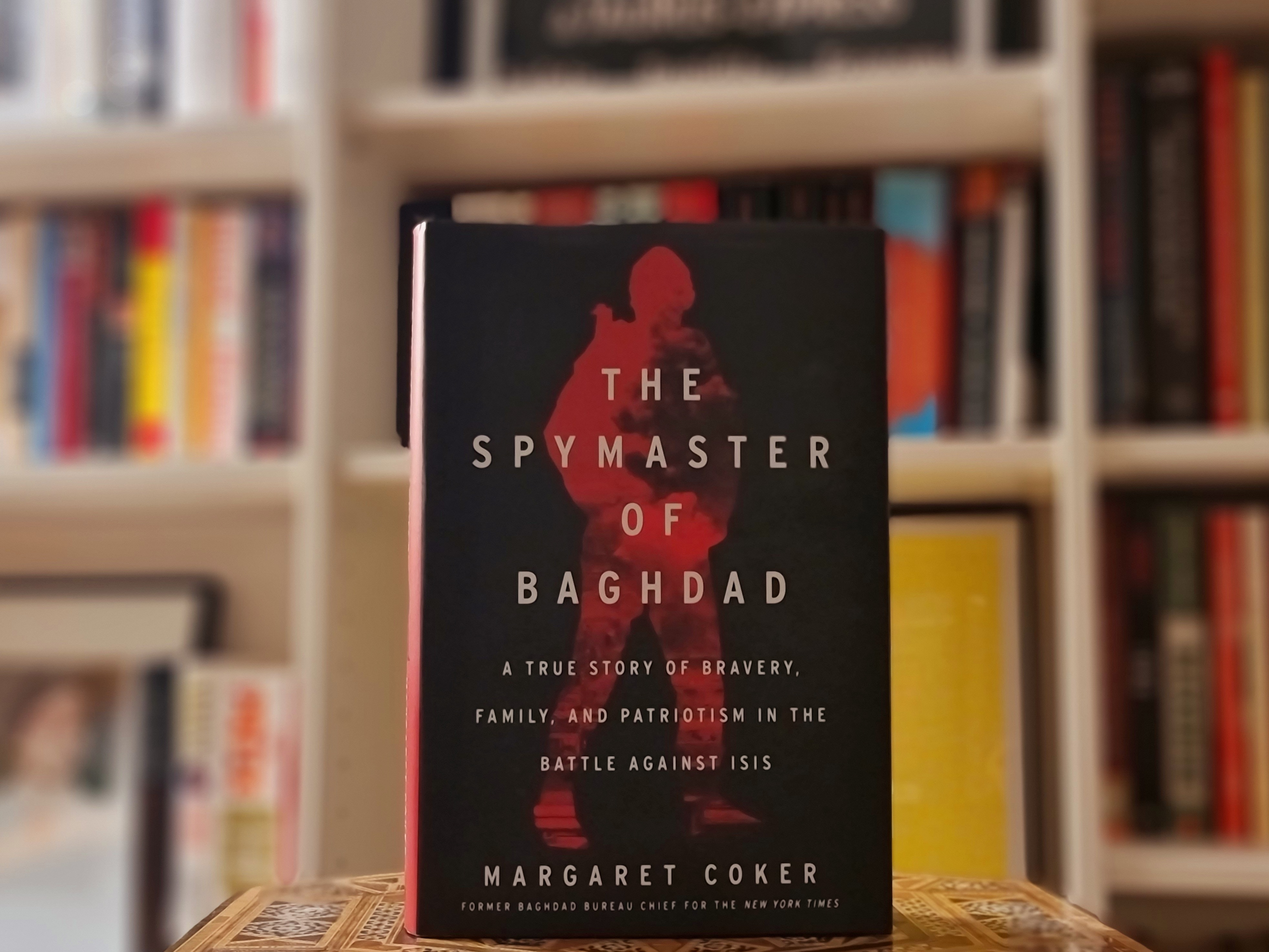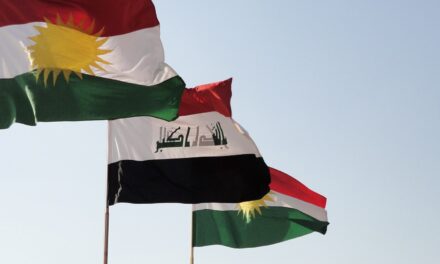(Photo: PMO Media Office)
The Baghdad Conference for Cooperation and Partnership is set to take place on August 28. Five out of Iraq’s six neighbours will be in attendance: Iran, Jordan, Kuwait, Saudi Arabia, and Turkey. Other states from the region including Egypt, Qatar, and the United Arab Emirates will also attend. France is the only non-regional state attending, making it an outlier, particularly as other non-regional states are participating in a different capacity.
Other states, with a large development presence in Iraq, like Germany, were noticeably excluded. The lack of agenda and the optics of this conference suggest that it’s a place for big players in the region. Therefore, when the two largest development donors in Iraq – the United States and Germany – are sidelined, it may cause more harm ultimately than good for Iraq. The fact that this may have been an unintentional blunder is more reason for alarm. The ambassadors of Brazil, Canada, the European Union, the United Kingdom, and the United States were belatedly invited in an observer capacity following the inexplicable omission to which some important bilateral partners took exception to.
This conference is not a regional one, as officials at the French President’s Office have confirmed Emmanuel Macron’s attendance at the conference. They also confirmed that he will visit Mosul and Erbil. It is obvious that Macron is not coming to Iraq just for the conference. He wants to serve his own purposes and continue representing himself as the western leader who cares about destroyed cities such as Beirut and Mosul. He will also present himself as a friend of the Kurdish people, very much like his fellow Frenchman Bernard-Henri Lévy who egged the Kurdistan Democratic Party to hold their disastrous referendum on secession in 2017.
The one neighbouring country not invited is Syria. Rumors have circulated about the visit that the head of the Popular Mobilization Forces Commission, Falih Al-Fayyadh, paid to President Bashar Al-Assad in Damascus, to invite him to the conference without the approval of Kadhimi. The rumours were so damaging that the spokesperson of the Ministry of Foreign Affairs was forced to issue a clarifying statement. It was later revealed that Fayyadh had travelled to Damascus to explain in person to Assad that Syria’s attendance was too controversial and that other attendees were not comfortable with his presence. Although Kadhimi backs Syria’s return to the Arab League, he made it clear that he is unwilling to do so at his own expense.
The selection of Arab countries in attendance speaks to Kadhimi’s aspirations and his efforts to portray Iraq under his term as a stable regional player, having more in common with states like Egypt and the Gulf than Lebanon, Syria, and Libya.
With regards to the aim of the conference, there simply isn’t one. There have been weeks of preparations and millions of dollars spent on a conference without substance or clearly defined outcomes. There has even been a Twitter account created with an unsightly logo combining the colours of the flags of the attendee countries. This account gets points for translating messages of welcome to the languages of the attendee nations, but lacks any substance or even a clear message, which means that it is a communications failure.
Simply put, Iraq does not have a need for this conference. Iraq’s main problems that it has influence in fixing are domestic, as evidenced through the headlines of Iraq’s media outlets which focus on problems related to water supply, electricity shortages, fires at hospitals, corruption, COVID-19, and other issues. Only with a stable domestic political scene can Iraq begin to address foreign policy issues.
In the past, Kadhimi has attempted to distract audiences from pressing domestic issues by stopping to take a photo. In July, Kadhimi met with Ali Adel, a young Iraqi from Hilla, who went viral after he filmed himself jokingly threatening to jump from the roof of his house unless U.S. President Joe Biden helps him beat the merciless Iraqi heat. Kadhimi did this to try to get residual popularity from Ali who, after going viral, had Joey Hood, U.S. Assistant Secretary of State for Near Eastern Affairs reply with his own video. Kadhimi did this two days after Da’ish murdered tens of Iraqis in a bombing in Baghdad’s Sadr City but before visiting victims of the bombing, which he only did after seeing the social media backlash to his time for Ali but not for the victims.
Given that there is no clear aim, objective, or message, it is clear that the entire conference is political theatre taking place 43 days before Iraq’s federal elections, meant to showcase Kadhimi’s foreign policy credentials as he attempts to secure a second term. Given that he came to power without having ever run for elected office and confirming that he will not take part in the upcoming elections, he hopes to remain in power by wooing Iraq’s political elite and some of Iraq’s neighbours by putting on a good show. This is very insulting to the Iraqi voter and justifies their apathy as political leaders demonstrate that change happens behind closed doors and not at the ballot box.

Abdulameer Jawad
Abdulameer Jawad is a security analyst based in Sulaymaniyah, Iraqi Kurdistan.










